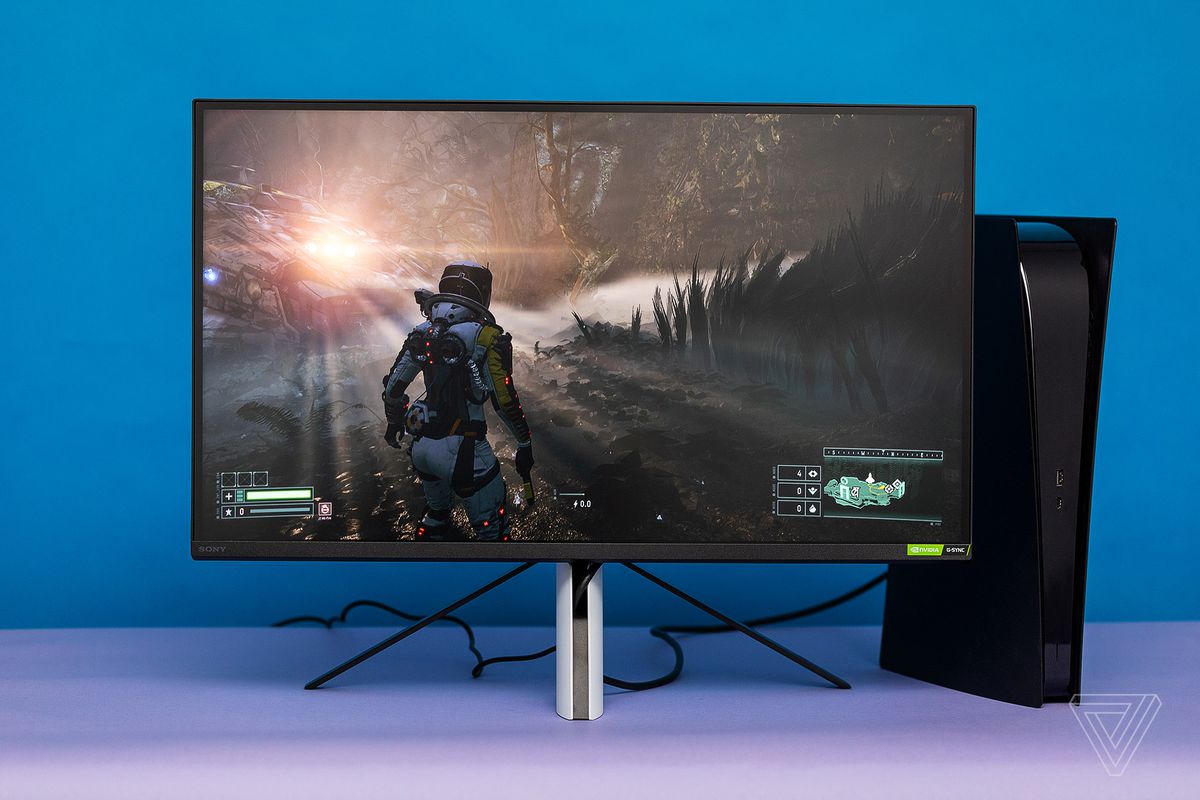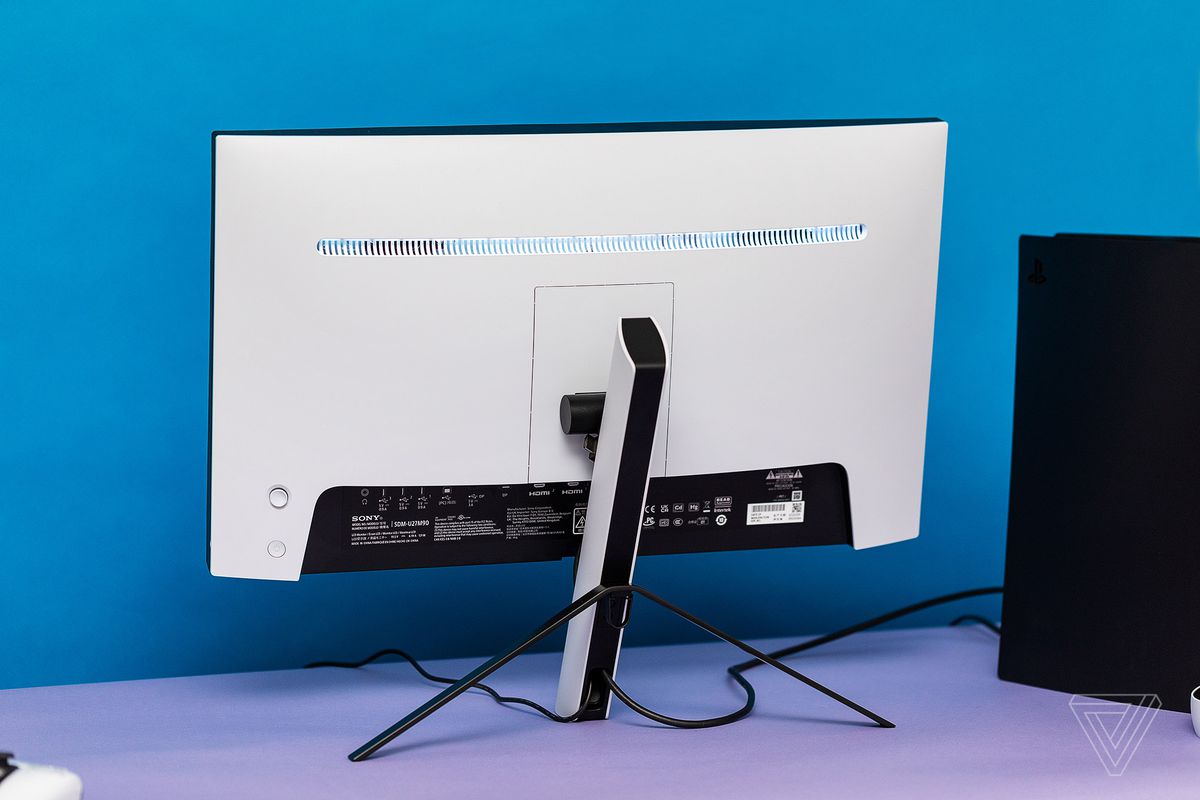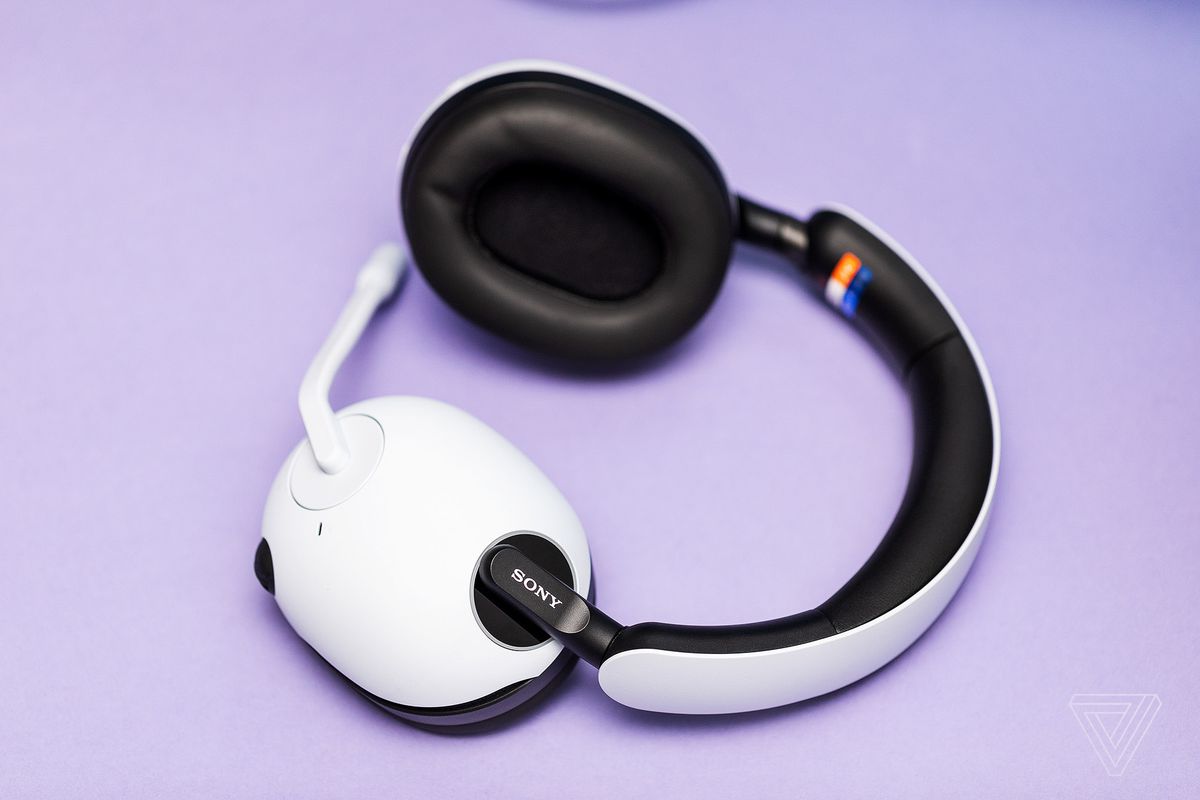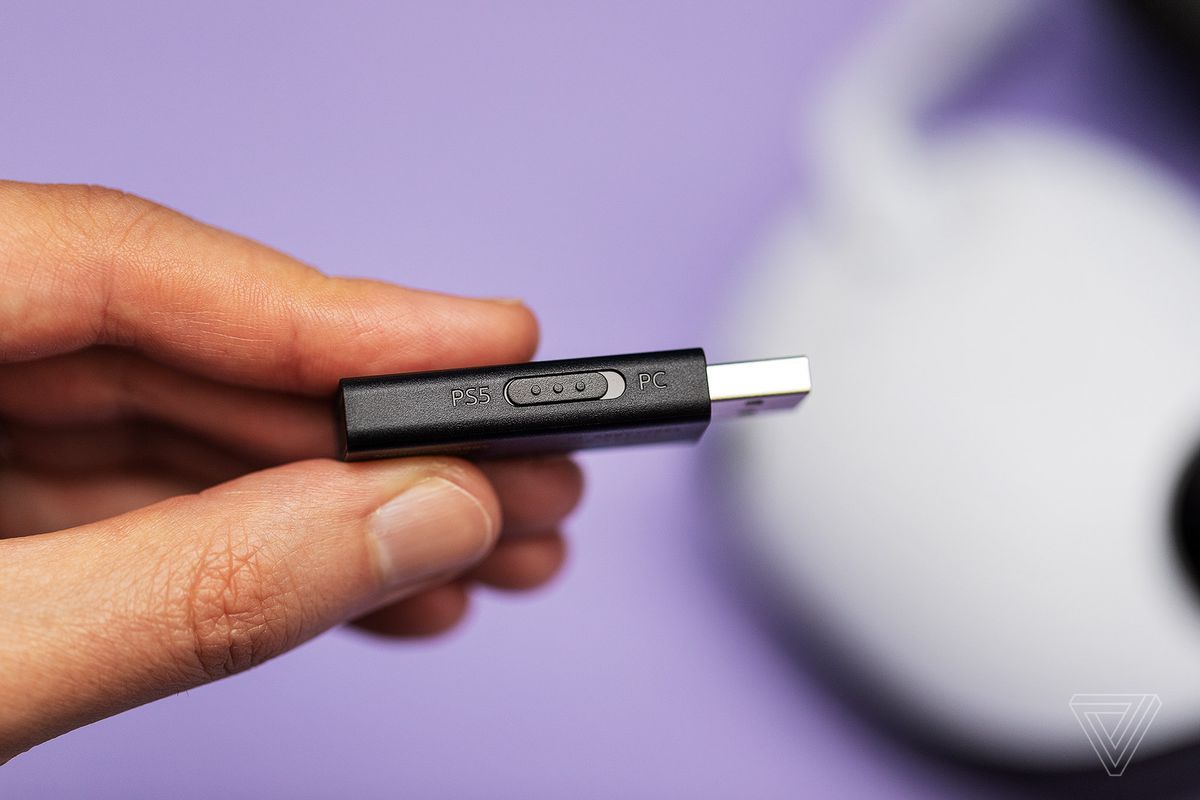Sony is attempting to reach out to more than just PS5 gamers with its new InZone brand of gaming monitors and headsets. I got my hands on them in the video embedded above if you’d rather see or hear me talk about these gadgets.
Made for PC but with specs to take full advantage of the PS5, along with Xbox Series X, the $899 InZone M9 is the flagship product of the bunch. It’s a 27-inch 4K IPS gaming monitor built to match the aesthetic of the PS5 while having basically every imaginable spec that gamers may universally want, sans OLED panel, of course. It has a 144Hz refresh rate (that’s not so common to find with a 4K screen), a 1ms response time, variable refresh rate (VRR, both for consoles and with G-Sync compatibility for Nvidia GPUs), plus DisplayPort and HDMI 2.1 ports. It can also display video via USB-C.
Notably, the M9 features full-array local dimming with 96 zones, along with DisplayHDR 600, both of which allow for brighter highlights, darker blacks, and the ability to juggle the two without too much of a haloing effect. Some features that are special to this monitor (and that trickled down from high-end Bravia TVs) include auto HDR tone mapping, which automatically recognizes the M9 when plugged into a PS5 and claims to optimize the display’s HDR output. There’s also an auto genre picture mode that can automatically switch to cinema mode when you launch a video streaming service or a Blu-ray, then go back to a low-latency mode when you begin gaming again.
In a mind-boggling move, Sony doesn’t include any video cables with the $899 M9. Sony spokesperson Chloe Canta shared a statement with The Verge that said the company chose not to because “the required cable type, version, and length are different based on a customer’s use case.” I suppose Sony’s not wrong there, but not including any video cables just isn’t right.


There’s a cheaper $529 M5 monitor coming this winter that makes some omissions to meet the lower price point. It lops off full-array local dimming, drops to 1080p, and bumps the HDR down to 400 nits of peak brightness. Otherwise, the feature set is similar with one exception: the refresh rate goes up to 240Hz.
Moving onto the other product category that Sony’s InZone is launching: headsets. The H9 sits at the top of its new lineup, rocking big over-ear cans, and has the ability to handle both 2.4GHz wireless and Bluetooth simultaneously. The design is nothing like the Pulse 3D headset that Sony launched alongside the PS5. Instead, it’s more similar to competing gaming headsets, featuring highly adjustable side arms, a flip-to-mute microphone that can offer a healthy dose of sidetone (hearing yourself in the headset), and pillowy ear pads that Sony says borrows build materials from its latest WH-1000XM5.
The H9 claims to offer 32 hours of battery life per charge, and it’s the only model in Sony’s lineup to feature digital noise cancellation. During my hands-on, I tested them against my personal set of Sony WH-1000XM3, and they were comparable in merit, with great comfort, effective noise cancellation (Sony says it’s “inherited” from the 1000X series, but it didn’t seem quite as good as the XM3), and superb sound quality. One downside, however, is that they are simply huge on your head. There’s a shot in the video above that shows how large they look while on my head.


Like its monitors, Sony has a unique angle with the H9 that other hardware makers haven’t tried, to my knowledge. PC players can install its InZone companion app along with Sony’s 360 Spatial Sound Personalizer to get a more customized spatial audio profile. Oddly, doing this requires you to take pictures of your ears, and yes, Sony claims that doing this will actually improve your audio. In my brief hands-on test of the feature, I didn’t notice a difference, but I’ll be sure to test it more thoroughly for the review.
Sony has one other wireless headset, the $229 H7, and a $100 H3 wired gaming headset. The H7 has a slightly reduced set of features, but it retains the design and dual wireless connectivity. You won’t get noise cancellation, though axing that feature boosts the battery life to 40 hours per charge. The H3, on the other hand, delivers decent sound performance, but it’s more pared back in terms of styling compared to the H9 and H7.
Sony releasing its own gaming monitors wasn’t exactly on my bingo card for 2022, or, well, ever — not that it hasn’t tried before. But its new InZone hardware looks and feels like fully realized ideas coming to fruition. As to whether Sony plans to iterate yearly on these products, as its competitors do, remains to be seen. But what’s coming out in 2022 feels relatively future-proofed. Stay tuned for the final reviews coming soon.